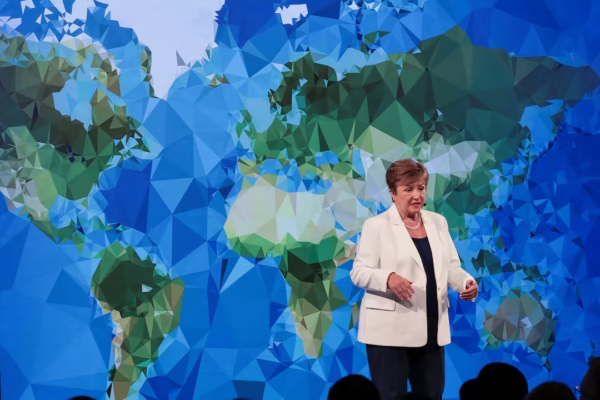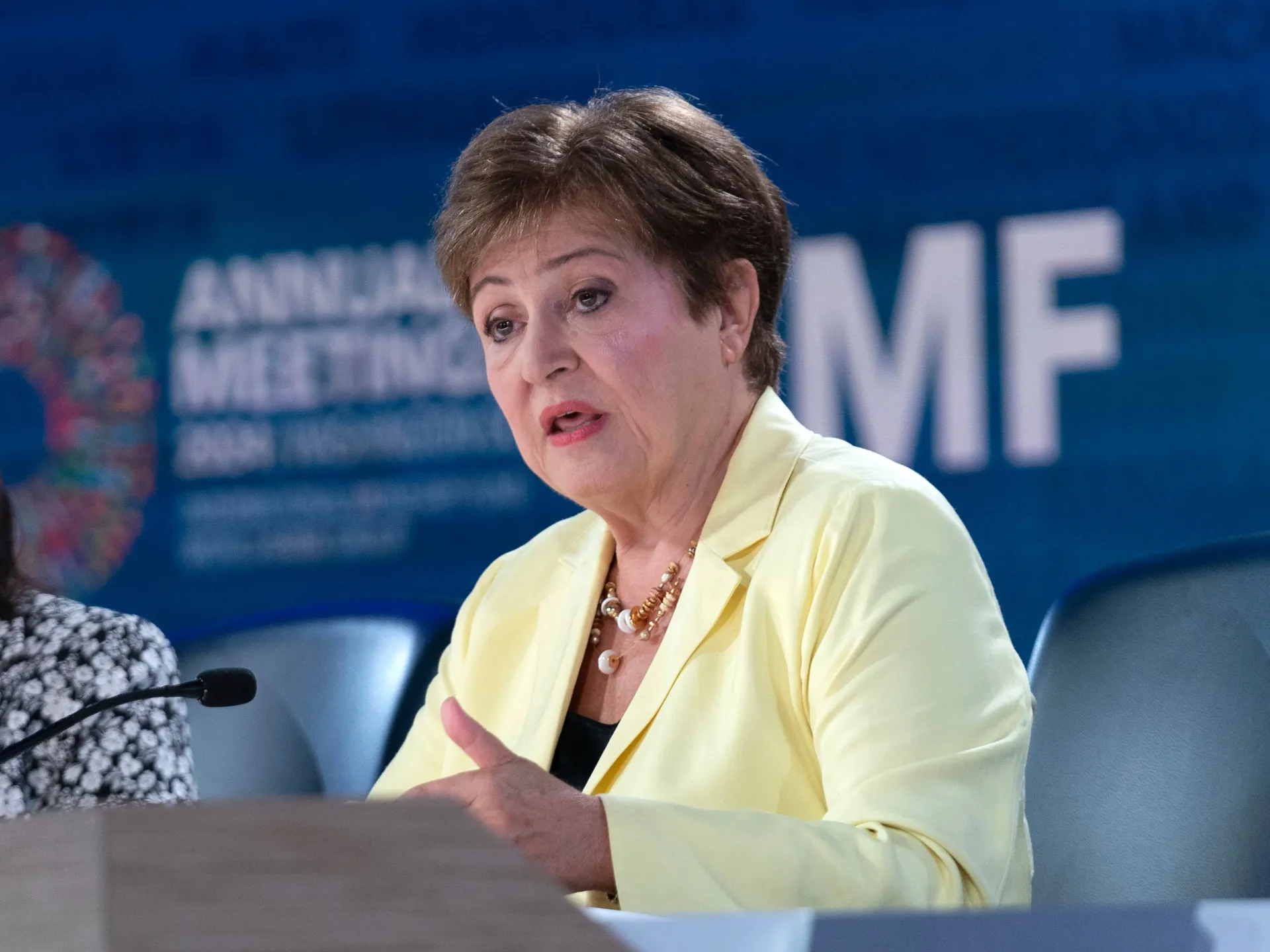The IMF warns that “uncertainty is the new normal,” even as the global economy shows resilience. Learn what this means for nations, markets, and everyday lives.

IMF Warns “Uncertainty Is the New Normal,” Though Economy Stronger Than Expected
The International Monetary Fund has sent out a clear message: the world has entered a new era of uncertainty. At the same time, the global economy has proved surprisingly resilient, avoiding some of the worst outcomes many feared just a year ago.
This moment feels like standing between stability and unpredictability. Growth is happening, but clouds are gathering on the horizon. It’s a reminder that strength doesn’t mean invincibility.
A Message for a Changing World
The IMF’s latest outlook paints a picture of a world that is adapting to shocks, but still facing fragile conditions. Economic growth has not collapsed, but the ground beneath it is shifting.
Governments are managing high public debts, inflation, and trade tensions all at once. Markets are steady on the surface, but hidden cracks suggest sudden changes could arrive without warning. You can read more about how growth forecasts are shifting in this detailed analysis.
Many leaders now speak of a “new normal” — a period where uncertainty isn’t a temporary phase but a lasting reality. This means both policymakers and ordinary citizens must prepare for rapid shifts in trade, technology, and geopolitics.
The Global Economy Is Doing Better Than Expected
Despite global challenges, economic growth has been more stable than predicted. The IMF now expects global growth to hover around 3% in 2025, which is slightly higher than earlier projections.
Asia has been one of the bright spots, with strong domestic demand and ongoing reforms helping several economies stay on track. Even the U.S. has avoided a feared recession, despite tariff pressures and rising interest rates.
However, the IMF warns against becoming complacent. Just because the worst hasn’t happened yet doesn’t mean it won’t. A sudden policy misstep, market correction, or geopolitical flare-up could shift the balance quickly.
For broader international perspectives on how institutions adapt to changing dynamics, take a look at UNESCO Without America: A New Chapter Begins.
Key Risks That Could Disrupt Stability
There are several warning signs that could threaten the current stability:
- Financial market corrections: Asset prices, especially in tech and AI sectors, are at record highs. A sharp adjustment could send shockwaves through the economy.
- Tariff and trade disruptions: Global trade is adjusting slowly, but sudden shifts could push inflation higher.
- Public debt pressures: Many governments are already stretched thin, limiting their ability to respond to new crises.
- Social unrest and inequality: Economic stress often hits vulnerable communities first, leading to unrest that can affect growth.
- Policy mistakes: Central banks and governments must tread carefully to avoid losing credibility.
In this environment, even a small event can have outsized ripple effects, which is why financial experts urge caution and adaptability. Regularly checking reliable external news platforms like www.america112.com can help keep track of these fast-changing developments.
How Countries Can Respond
The IMF emphasizes that countries shouldn’t wait for a crisis to act. Instead, they should build resilience now:
- Strengthen financial buffers
Reducing deficits during stable periods gives governments more room to act during downturns. - Invest in innovation and productivity
Instead of relying on short-term stimulus, focusing on technology and industry helps sustain long-term growth. - Keep institutions strong
Independent central banks, transparent rules, and credible governance inspire investor and citizen confidence. - Encourage regional cooperation
Building stronger trade and security networks with neighbors helps soften external shocks. - Protect vulnerable communities
Social safety nets and inclusive growth policies reduce the risk of unrest during uncertain times.
These strategies may not eliminate uncertainty, but they give societies the tools to navigate it wisely.
What It Means for Everyday People
This isn’t just a message for policymakers. It affects all of us.
If you’re an investor, this is a time to stay alert and avoid chasing risky short-term gains. If you run a business, keeping your finances lean and adaptable could make the difference between surviving a shock or struggling to recover.
For ordinary citizens, rising prices, shifting job markets, and changing trade flows will shape daily life. Being informed, engaged in policy debates, and adaptable in your financial choices can help you stay ahead.
Final Thoughts
The phrase “uncertainty is the new normal” might sound unsettling, but it’s also realistic. We are living in a world where change is constant and surprises are inevitable.
The good news is that the global economy has shown strength. That strength, however, must be paired with caution, preparation, and smart decisions. By staying informed and proactive, nations and individuals can not only weather uncertainty — they can shape it to their advantage.

